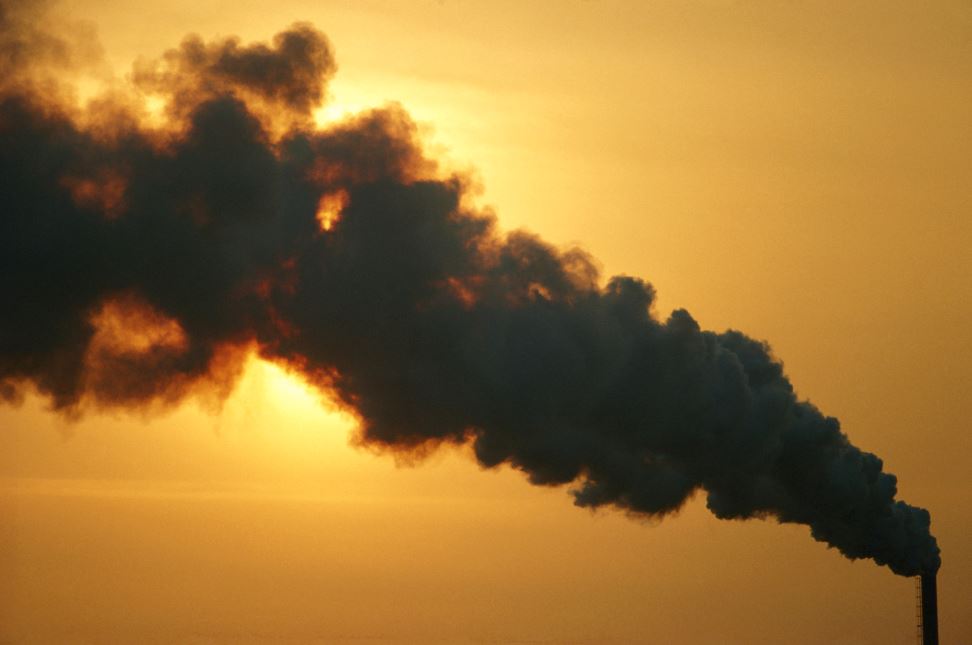Initiative 1631 would increase Grant PUD costs by millions
Initiative 1631, which will appear on the state's November ballot, would impose a fee on carbon emissions that could result in a 5 percent — $16 million — increase in average annual costs for Grant PUD.
That's the latest estimate by Grant PUD analysts Jeremy Nolan and Paul Dietz. The estimate is based on the six-year period following the year when load growth in Grant County is expected to surpass Grant PUD's capacity to supply it with energy linked to Priest Rapids and Wanapum dams, alone. That time is expected to come in the early-2020s, at current growth projections. If approved, I-1631 would take effect Jan. 1, 2020.
Until Grant PUD grows through its project power, sale of our surplus electricity could somewhat offset the expected higher costs resulting from the initiative. Any potential offset would be
As the county's demand for electricity grows, Grant PUD would need to purchase more electricity on the West Coast energy market. This power comes from a variety of generation sources, including coal and natural gas, which both produce carbon that would be subject to the proposed fee.
It would be possible to purchase carbon-free electricity — hydropower, solar and wind — on the wholesale market, but the cost of this energy would be higher because of the added value of its carbon-free attributes. Grant PUD's estimate takes this into account, Nolan said.
How Grant PUD would absorb this cost increase is a decision for PUD commissioners and executive managers.
Grant PUD has not taken a position on
Franklin PUD commissioners voted Aug. 28 to oppose I-1631, citing an impact of $700,000 to $1 million, onerous requirements to qualify for credits and erosion of local control (see their commission packet, page 21). Benton PUD has also voted to oppose, citing an impact of $1 million to $2.1 million in 2020.
Initiative 1631 would enact a carbon emissions fee of $15 per metric ton of carbon beginning on January 1, 2020.
The fee would increase $2 annually plus inflation until the state's greenhouse gas reduction goals of 2035 are met and the state is on a trajectory to comply with its 2050 greenhouse gas reduction goal.
Revenue from the fee would go into three funds:
- 70 percent for air quality and energy programs and projects.
- 25 percent for water quality and forest health projects.
- 5 percent for healthy communities.
In 2016, 59.25 percent of Washington voters rejected a carbon tax initiative – Initiative 732. If Initiative 1631 passes this November, Washington would become the first state to have a carbon fee.
Learn more:
Study: Carbon tax/fee would add costs, but
The Public Generating Pool, which includes Grant PUD and other utilities, hired Energy and Environmental Economics, a respected consulting firm, to analyze which policies best support a least-cost approach to carbon emissions and what it would mean for the
Northwest portfolio of energy resources. Key findings are:
- Regulating emissions through a carbon price or emission cap would add to utility costs, but of all the options considered, it's the least-cost, most effective way to reduce carbon emissions.
- A higher renewable portfolio standard (RPS) results in higher costs and higher carbon emissions than a policy that focuses directly on carbon. An RPS requires utilities to supply a portion of their load using only qualifying renewable energy sources.
- New natural gas is part of a least-cost portfolio for serving public load, even under carbon-constrained scenarios. Prohibiting new natural gas generation would raise electricity costs by more than $1 billion
annually, while doing little to avoid additional carbon emissions.
Gummi bears caramels donut carrot cake carrot cake chupa chups bonbon tootsie roll.
Gummi bears caramels donut carrot cake carrot cake chupa chups bonbon tootsie roll.
Gummi bears caramels donut carrot cake carrot cake chupa chups bonbon tootsie roll.
When you subscribe to the blog, we will send you an e-mail when there are new updates.

